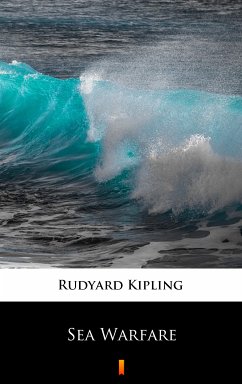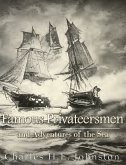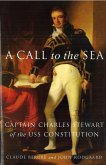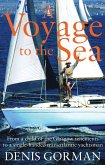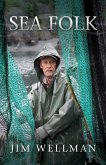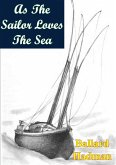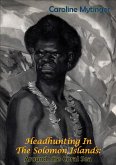Rudyard Kipling, acting as a kind of proto-rooted journalist, spoke about aspects of the Royal Navy in World War I that usually do not receive so much attention. In sections on minesweepers, a merchant marine, submariners, and destroyers, he gave a brief account of the important backstage work they did. Through an interview and a summary of the combat reports, he presented an idea of the "culture" in which they operate.
Dieser Download kann aus rechtlichen Gründen nur mit Rechnungsadresse in A, B, BG, CY, CZ, D, DK, EW, E, FIN, F, GR, HR, H, IRL, I, LT, L, LR, M, NL, PL, P, R, S, SLO, SK ausgeliefert werden.

